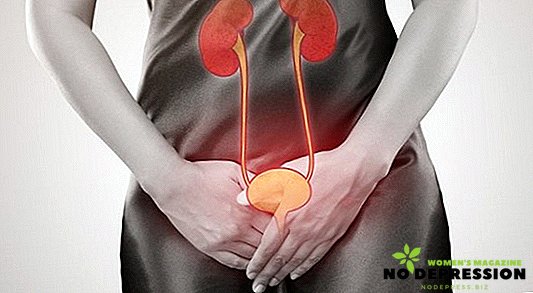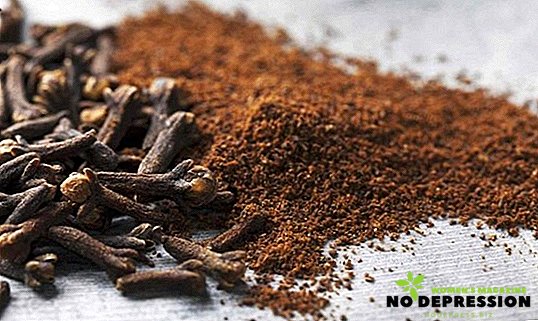Capoten is a drug for the treatment of hypertension. The active ingredient of the drug is captopril, which has a blocking effect on vascular spasm and helps prevent the breakdown of substances that expand blood vessels.
Kapoten helps reduce blood pressure and the load on the heart after 2-3 hours after taking the medicine.
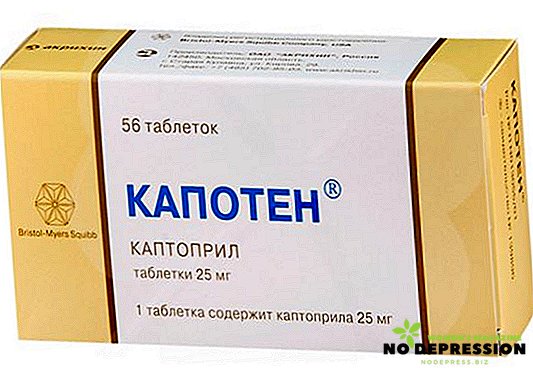
Indications for use at elevated pressure
The instruction attached to the drug highlights the following indications for prescribing Capoten:
- hypertension;
- heart failure;
- heart attack;
- diabetic nephropathy;
- violation of the heart ventricle.
Treatment with a hypertensive crisis with this drug is associated with the presence of risks. For this reason, to increase the effectiveness of therapy and reduce the risk of adverse reactions, it is necessary to adhere to the recommendations indicated in the instructions.
The composition of the drug
 The main active ingredient of the drug Capoten is captopril, which is contained in one typical tablet in the amount of 25 mg. In addition to it, Capoten includes the following auxiliary components:
The main active ingredient of the drug Capoten is captopril, which is contained in one typical tablet in the amount of 25 mg. In addition to it, Capoten includes the following auxiliary components:
- stearic acid;
- lactose;
- corn starch;
- microcrystalline cellulose.
Buy Capoten can be in a pharmacy without a prescription.
Release form
Traditionally, the drug Capoten is available in the form of conventional tablets, painted in white or white and cream color. The form and appearance of the drug vary depending on the manufacturer. The pharmacy can be purchased Capoten at a dosage of 25 mg and 50 mg, and tablets are intended for oral administration.
pharmachologic effect
The drug Capoten in medical practice is used for the treatment of hypertension and belongs to the class of ACE inhibitors. The component has a blocking effect on the angiotensin-converting enzyme, which causes a rise in blood pressure. Capoten helps reduce the production of aldosterone in the adrenal glands, which causes an increase in pressure.
The active substance captopril has an expanding effect on the blood vessels and helps to remove excess fluid from the body. The result is a decrease in pressure in the pulmonary circulation and the right ventricle of the heart. Due to the inhibition of ACE, Capoten taking helps to reduce the load on the myocardium, which increases the effectiveness of the drug in chronic heart disease.

Capoten has the following pharmacological effects on the body:
- helps to improve the quality of life of those patients who suffer from hypertension;
- slows down the production of aldosterone;
- helps lower blood pressure;
- restores water homeostasis;
- helps to improve the condition of renal failure;
- reduces the load on the myocardium;
- improves the process of glucose metabolism;
- increases the body's endurance during various physical activities.
The greatest hypotensive effect occurs within 1-3 hours after taking the drug. Safety and efficacy of the drug in children has not been established.
Dosage and administration
The dosage of the drug is determined based on the blood pressure indicators and the individual characteristics of the patient. The maximum dosage of Capoten per day does not exceed 150 mg. Taking medication is allowed both during the meal and after.
If you have problems with pressure at the beginning of treatment, the dosage does not exceed 1-2 capsules of 25 mg twice a day. To obtain normal indicators of pressure, it is necessary to gradually increase the dose to 100-150 mg per day in two doses.
In case of heart failure, a 1/4 or 1/2 tablet is prescribed. In the event that the patient's body tolerates the prescribed dosage well, then over time it is adjusted to 150 mg per day in two doses. It should be remembered that there should be at least two weeks between changes in dosage.
For patients with renovascular hypertension, cardiac decompensation and hypovolemia, a single dosage is 1/4 or 1/2 tablet. Gradually, the dose is increased to 50 mg per day, and if necessary, to 100 mg per day.

Patients with stable hemodynamics are prescribed Kapoten after the onset of the first symptoms of a heart attack. On the first day, the dosage of 1/4 tablet is shown, after 2 hours - 1/2 tablet, and after 12 hours, Capoten tablet should be drunk at one time. The next day, the administration of the medication is prescribed in 50 mg 2 times a day for four weeks, provided that there are no adverse hemodynamic reactions. One month after a heart attack, the specialist prepares a new treatment plan for the patient.
When nephropathy provoked by diabetes, the dose of the drug is 75-100 mg per day, and it should be divided into several methods. In case of type 1 diabetes, which is accompanied by microalbuminuria, the patient should drink 50 mg of the drug twice a day. In the case of proteinuria, Capoten 25 mg dosage is prescribed 3 times a day.
Contraindications and side effects
The enclosed instructions indicate contraindications in which use of Capoten is not recommended and can be quite dangerous.
It is necessary to refuse treatment with this drug in the following cases:
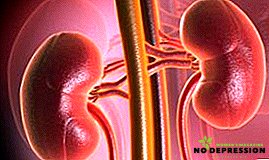 disorders of the kidneys and liver;
disorders of the kidneys and liver;- hyperkalemia;
- the period of pregnancy and lactation;
- intolerance to the individual components of the drug;
- angioneurotic shock;
- increased concentration of potassium in the blood;
- reduced aortic mouth;
- patient age up to 18 years.
In some pathological conditions of the body, the drug can be taken, but after consultation with a specialist. There is a list of pathologies that are conditional contraindications for medication.
Among them are:
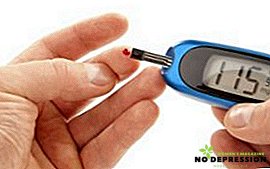 ischemia of the brain and heart;
ischemia of the brain and heart;- lupus erythematosus;
- diabetes;
- scleroderma;
- decrease in the amount of circulating blood in the body;
- hyper aldosteronism.
Kapoten is considered a potent drug of a highly targeted action, and its intake may be accompanied by the development of undesirable reactions.
Treatment may cause:
- cough;
- tachycardia;
- pulmonary edema;
- vision problems;
- lower blood pressure;
 stomatitis;
stomatitis;- pain in the stomach;
- taste disorders;
- bronchospasm;
- serum sickness;
- thrombocytopenia;
- hepatitis;
- drowsiness.
Adverse reactions develop in rare cases, but if they occur, you should consult a doctor to adjust the course of therapy.
Analogs of the drug
Many analogues of the drug are produced with the monotonous name of the active substance:
- Captopril-Acre;
- Vero-captopril;
- Captopril-AKOS;
- Capril;
- Captiopril-UBF.
There are a large number of drugs that are similar in action to Capoten:

- Enap;
- Enam;
- Enafarm;
- Enalapril;
- Catapil
Capoten's analogs, as well as the drug itself, help to reduce the pressure in a short time, so you must be hypertensive in the first-aid kit.
Reviews
Reviews of a drug like Kapoten are mostly positive.
Egor, 55 years old, Moscow
I consider Kapoten effective against blood pressure. I take it for a short time and I can not say anything bad. Already an hour after the intake, I feel significant relief, headaches disappear and the pressure returns to normal. The only drawback of such a drug is considered too large a list of possible side effects.
Irina, 45, Smorgon
I suffer from hypertension for many years, so Capoten is always in my home medicine chest. I have been taking it for a long time, and the effect suits me completely. The only disadvantage for me is that after taking the capsule for some time the language goes numb.


 disorders of the kidneys and liver;
disorders of the kidneys and liver; ischemia of the brain and heart;
ischemia of the brain and heart; stomatitis;
stomatitis;